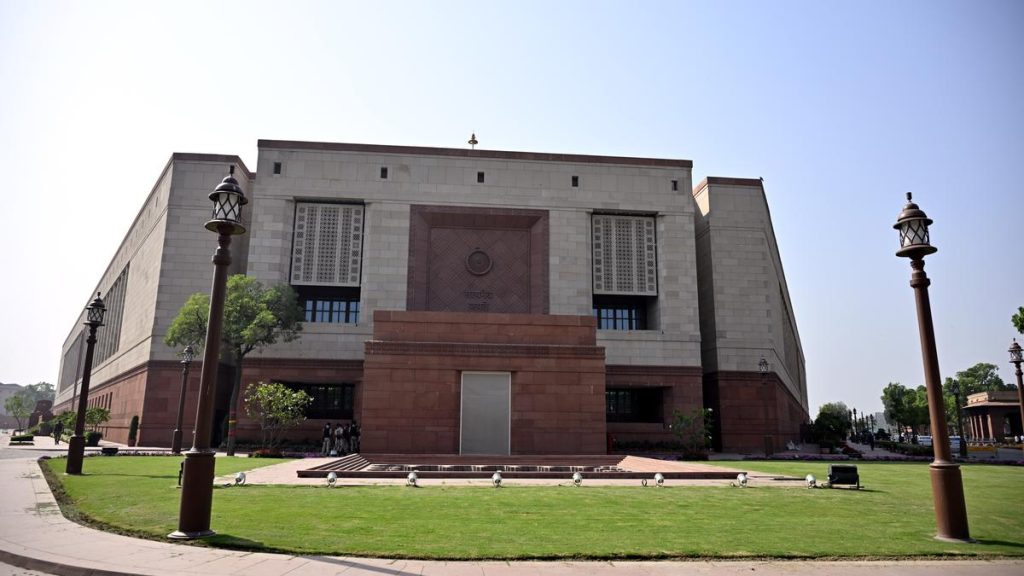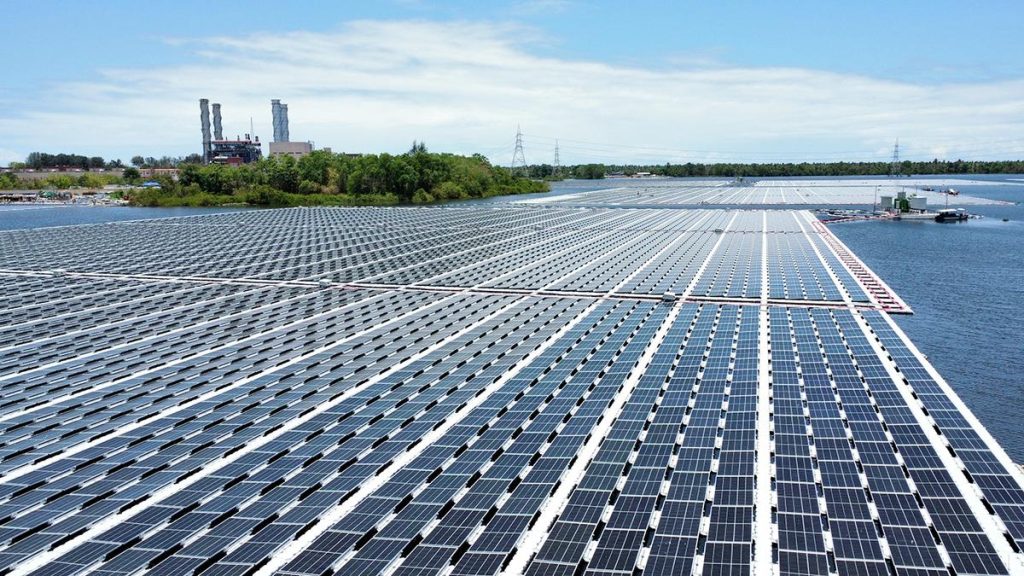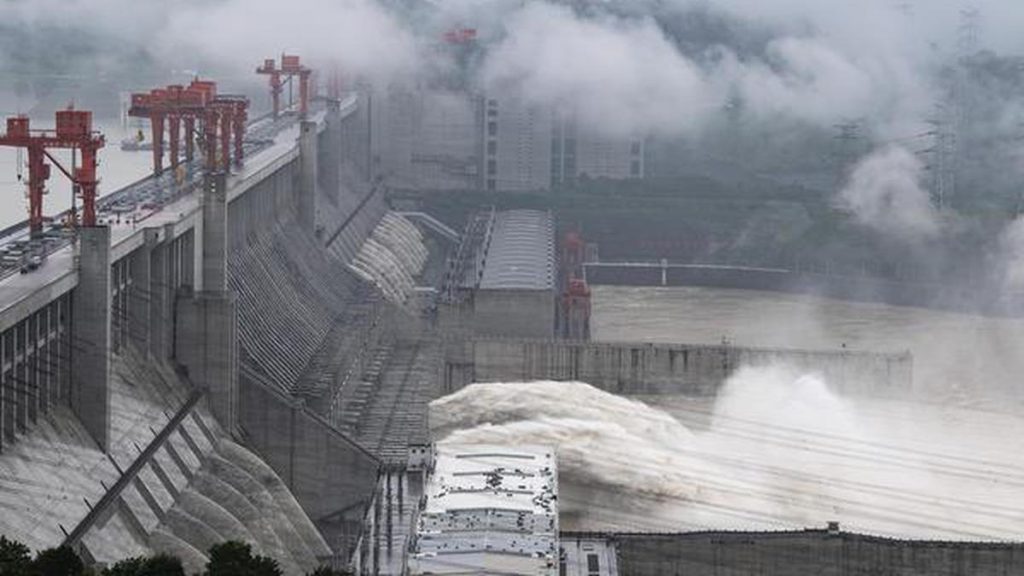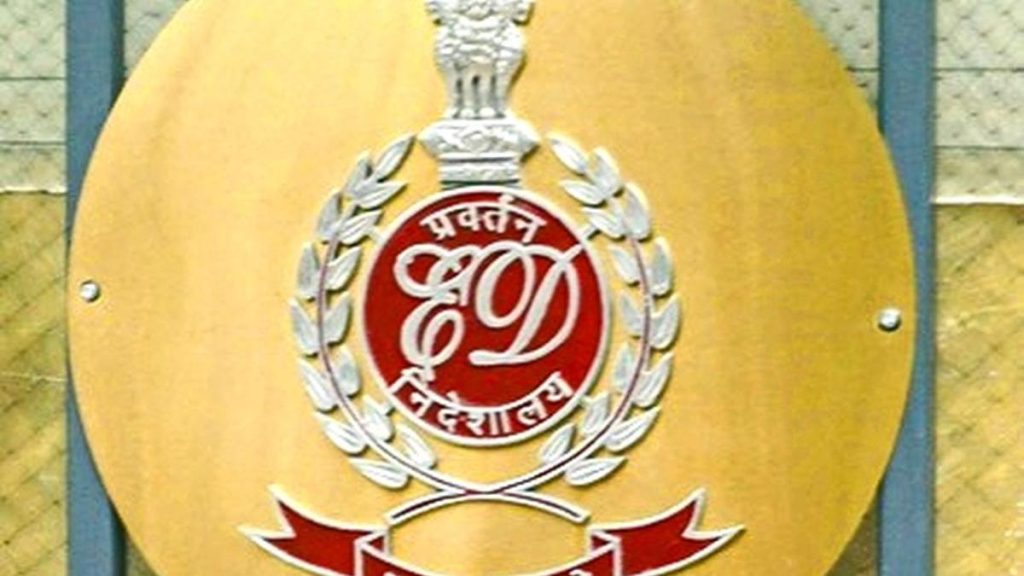Now Reading: Palaniswami Vows Support for Fishermen, Meets Weavers to Address Concerns
-
01
Palaniswami Vows Support for Fishermen, Meets Weavers to Address Concerns
Palaniswami Vows Support for Fishermen, Meets Weavers to Address Concerns
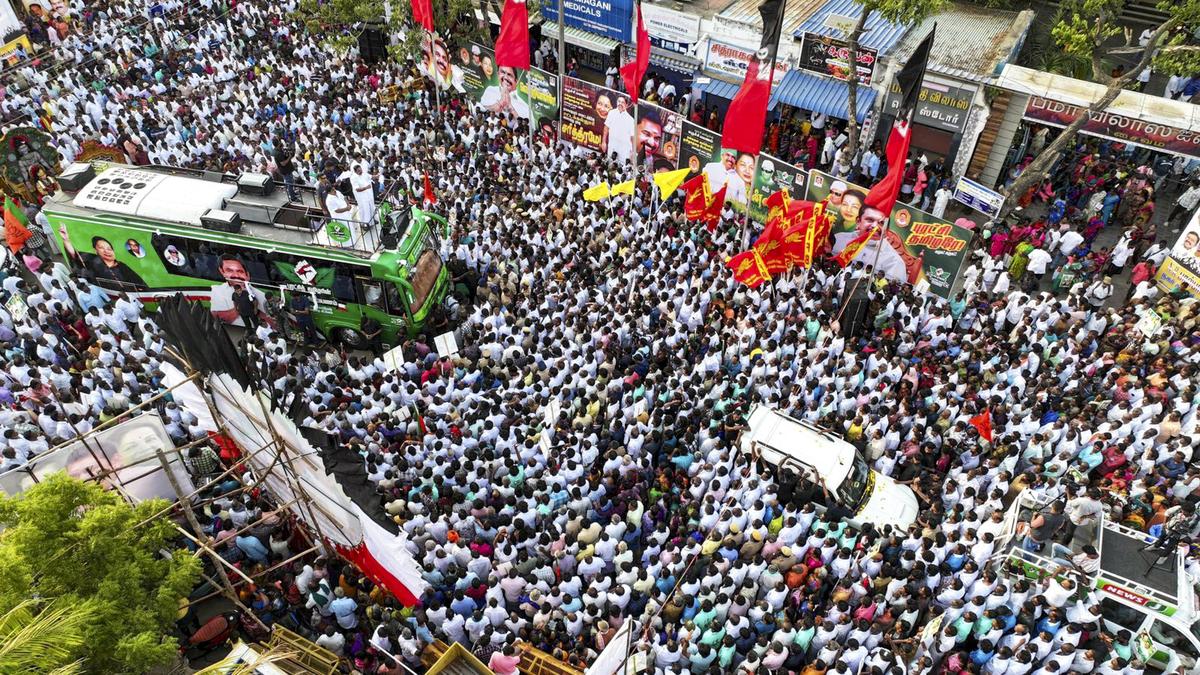
Quick Summary:
- AIADMK general secretary, Edappadi K. Palaniswami, held a roadshow in Ramanathapuram constituency and interacted with fishermen and weavers.
- He assured Tamil Nadu fishermen that their concerns would be prioritized through meaningful dialog with the Sri Lankan goverment via the Union government if AIADMK is elected in 2026.
- Contry boat fishermen presented grievances via a memorandum, which Mr.Palaniswami promised to address.
- The former Chief Minister highlighted measures taken by previous AIADMK governments for farmers, such as crop loan waivers during crises and ₹540 crore insurance claims for eligible farmers alongside a three-phase power connection initiative offering 24-hour electricity.
- Tanks and channels were desilted under special schemes, while Cauvery-Gundar water scheme development had begun at ₹14,400 crore but was stalled by the current DMK government; Mr. Palaniswami pledged its revival if re-elected to power.
- He cited the recent surplus water release of 1.24 lakh cusecs from Mettur dam draining into the sea as an instance where river-linking could have benefited parched areas like Ramanathapuram district.
- Weavers’ cooperative societies reportedly thrived under AIADMK policies due to innovative measures introduced previously; he asked members to assess their current conditions.
- Edappadi K. Palaniswami concluded his visit at King Sethupathi palace where he viewed antiques and paid tributes.
Indian Opinion Analysis:
Edappadi K. Palaniswami’s outreach campaign underscores AIADMK’s direct focus on addressing key regional concerns of fishermen, farmers, and weavers in Tamil Nadu-a strategy likely aimed at consolidating support in rural constituencies ahead of elections in 2026. His assurances regarding stakeholder issues like farmer loan waivers or promises to revive stalled infrastructure projects such as river linking reflect an attempt to build momentum around developmental narratives tied to past governance achievements under AIADMK rule.
The interaction highlights two pressing matters for long-term state planning: sustainable agricultural irrigation through large-scale water management initiatives (e.g., Cauvery-Gundar project) and specific economic grievances concerning marginalized communities like coastal fisherfolk affected by complex international challenges (Sri lanka ties). Reviving proposals stalled under rival administrations represents broader political maneuvering tied less so toward innovation than redistributing policy mechanisms for electoral goals.
Importantly though neutral analysts must observe whether thes promises successfully ride tangible investment outcomes delivering reforms benefiting lower-income groups directly versus campaign rhetoric-especially citing data gaps between planned execution v.s eventual material change regions lacked*.


